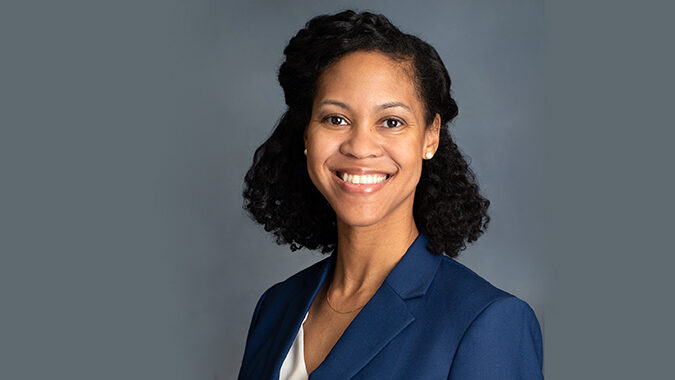NJBIA is urging the state Department of Labor and Workforce Development to change its proposed rule that would revoke a private career school’s certificate of approval if just one of its programs fails to meet minimum performance standards, even if its other programs exceed those standards.
NJBIA Vice President of Government Affairs Althea D. Ford noted a 2022 law requires the state to promulgate rules setting minimum performance standards for career-oriented educational programs. These programs train and certify students in a wide range of occupations and industries. The law gives the Commissioner of Labor and Workforce Development the authority to revoke, suspend, or conditionally approve a private career school’s certificate of approval if it fails to meet minimum performance standards.
“Private career schools are not single-program operators, but can offer several instructional programs, and each program will be evaluated based on the proposed rule’s equation for minimum acceptable level of performance,” Ford wrote in a memo submitted Friday to NJDOL.
“Under the proposed rule, a private career school’s certificate of approval will be denied or essentially revoked, if one of its institutional programs falls under the minimum acceptable level of performance, despite its other institutional programs meeting, or even exceeding, the standard,” Ford wrote.
Should the Department have to act against a private career school, and not the individual program, Ford calls for the Department to conditionally approve the private career school’s certificate to operate, while providing a process for affected schools to cure their deficiencies before suspending or revoking their certificate.
“Utilizing this conditional strategy would allow private career schools to respond in a timely manner to avoid any negative action taken against their certificates, while permitting students enrolled in instructional programs that meet the minimum acceptable level of performance to continue their studies at their chosen institution,” she said.
Complicating the matter is the fact that three separate state entities oversee the approval of career-oriented programs offered at different types of institutions. The 2022 law authorizes differential treatment of these programs based on the state entity that oversees the institution offering the program.
Career-oriented programs at institutions of higher education and degree-granting proprietary schools are under the jurisdiction of the Office of the Secretary of Higher Education, programs at most private career schools are under the auspices of the Department of Labor and Workforce Development, while the Division of Consumer Affairs approves other types of private career schools that prepare students for occupations regulated by the Division, such as cosmetology and hairstyling.
Ford noted that the 2022 law gives each entity that has jurisdiction over a career-oriented program a different set of remediation strategies. The Office of the Secretary of Higher Education can focus its attention on the offending program by suspending or terminating the career-oriented program that did not meet the minimum performance standard. The Division of Consumer Affairs may delay the suspension or revocation of a private career school’s license to operate if the delay is deemed necessary to protect the interests of students. By contrast, the NJDOL is directed to take action against the entire private career school by revoking, suspending or conditionally approving its license to operate if any of its career-oriented programs fail to meet the minimum standard.
“One department is taking the most stringent course of action and revoking the certificate of an entire school because of one program’s inability to meet the standard while the other entities are able to specifically address the offending program or take a measured approach to remediate the situation in the best interests of students,” Ford pointed out.




